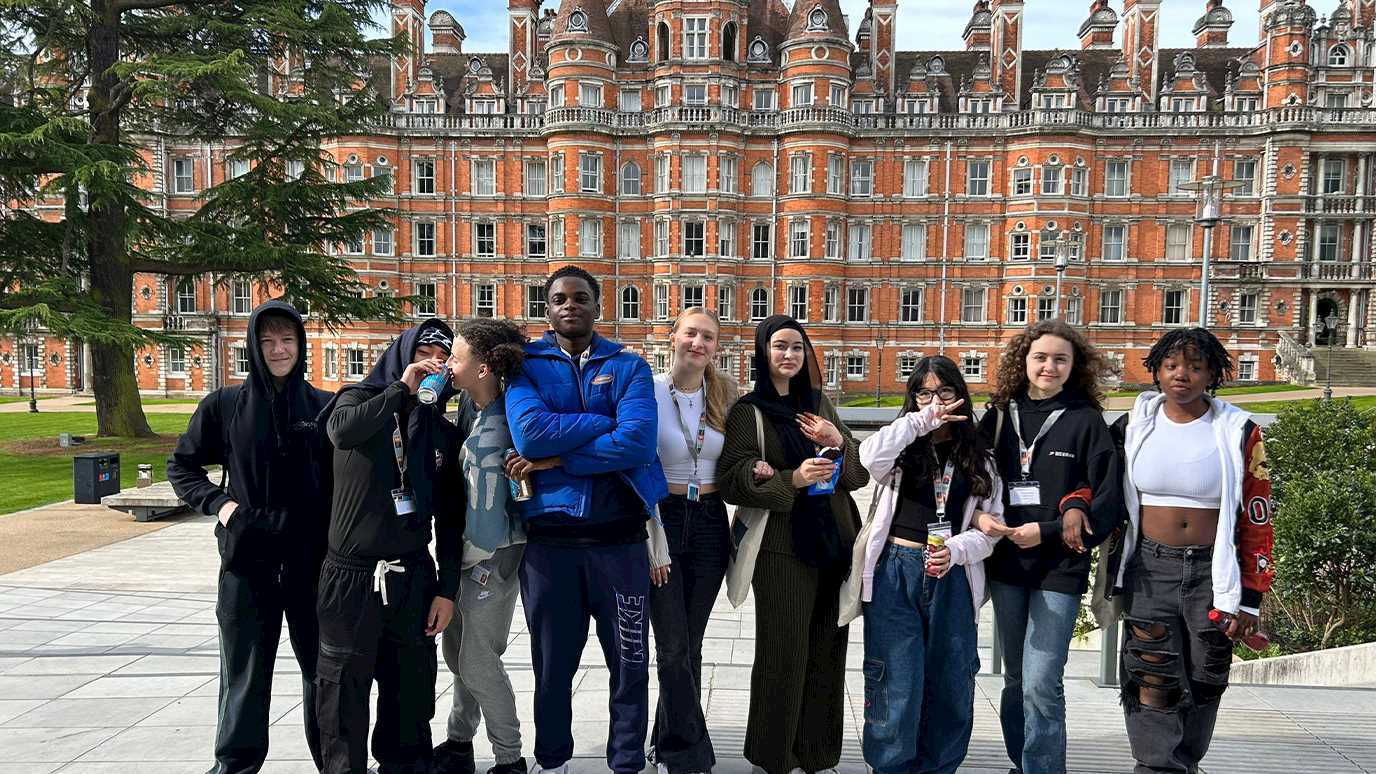Survation and the Department of Politics and International Relations at Royal Holloway, University of London, today announced a three-year partnership to improve methods for gauging public opinion.
The partnership follows previous successful collaborations during the 2016 EU referendum and the 2017 UK general election.
As part of the agreement, researchers from Royal Holloway will work on methods for estimating local area opinion in the UK in Europe as well as geographies such as the U.S.
These new and improved methods will help Survation in its work with commercial partners to better understand not just the attitudes of a surveyed population nationally but how those attitudes differ at the level of small geographies.

Advancing polling
While these methods have been used for elections to model how party political support translates into constituency/seat level estimates, under the agreement researchers from Royal Holloway will work to extend these methods to model different commercial and policy-related outcomes, from product, brand or service demand to views on urban development and renewal.
Survation Founder & Chief Executive, Damian Lyons Lowe, said:
“Our partnership with Royal Holloway brings additional investment into an advanced statistical technique called MRP (which stands for multilevel regression with post-stratification). MRP allows us to paint a much more detailed picture with our data, taking demographic information along with a person’s attitudes, as well as specific regional or other differences that we know about, and applying those to small geographic areas of interest.
These methods can also be applied to a huge variety of other measures of attitudes and behaviour that are crucial to both social research and commercial applications.”
Professor Chris Hanretty, co-Director of the Democracy and Elections Centre at Royal Holloway, said that the agreement, "Is the perfect outgrowth of some of the academic work that I've done on MRP, and a real investment in knowledge exchange. It's a technique which is fairly common in academic research - but now's the time to conduct further research so that the technique can be used quickly and reliably in a production environment".
Professor Oliver Heath, said, "This partnership provides a unique opportunity for our research students to develop new skills in political risk analysis and election forecasting and to gain experience putting these skills into practice."
About MRP
MRP is a way of producing estimates of opinion and attitudes for small areas. It works by combining information from large national samples (say, around 12,000 respondents) with information from the census. The responses given by respondents are modelled on the basis of their demographic characteristics and what we know about their area (its past voting history, how it voted in the EU referendum, and so on). This is the “multilevel regression” part.
In the subsequent "post-stratification" stage, we look up the census to see how many people of each demographic type live in each constituency, and make a prediction as to how many of those people will vote for each party. In this way, the estimates, although they are derived from a national sample, end up being representative of the demographic make-up of each constituency.
Although MRP has been most often used for elections, it can in principle be applied to any outcome which can be predicted on the basis of demographic characteristics - including a range of consumer behaviours. This would help commercial customers in making decisions about site locations or targeting advertising spend.
The collaboration will also fund two PhD studentships and provide research and internship opportunities for MSc students based in the Democracy and Elections Centre.
Find out more about postgraduate study in the Department of Politics and International Relations, including the MSc Elections, Campaigns and Democracy.
























